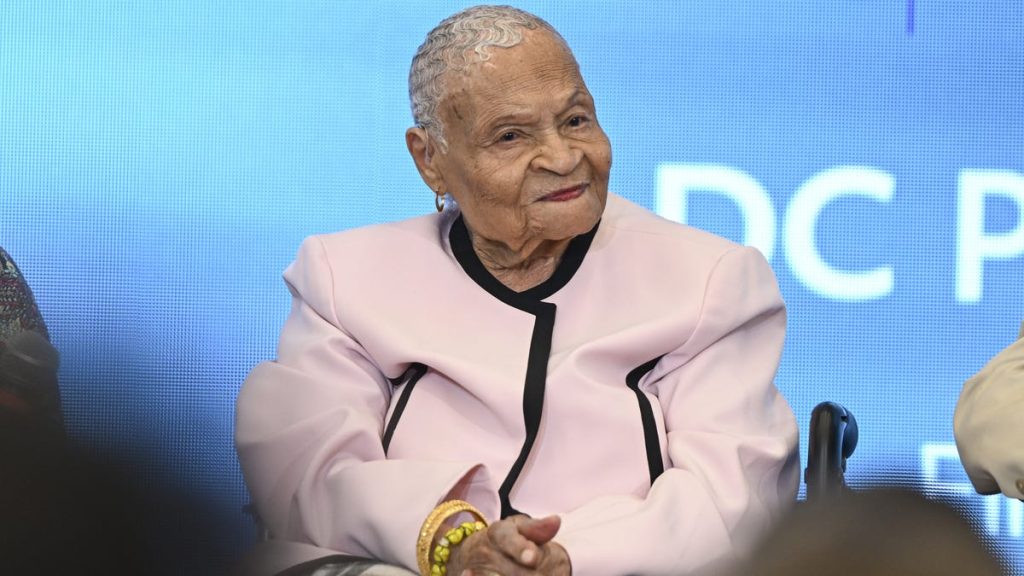On May 31, 1921, white attackers destroyed Greenwood, a thriving Black business district in Tulsa, Oklahoma, killing hundreds of residents (most of whom were Black) and burning more than 1,250 homes.
For decades, the families of those whose lives and livelihoods in an area once known as “Black Wall Street” were destroyed have been trying to seek justice for what they lost, only to have their cases dismissed in court.
Now, more than 100 years after the devastating Tulsa Race Massacre, the Justice Department is getting involved for the first time. They are moving forward to seek justice for the families, empowered by the Emmett Till Unsolved Civil Rights Crime Act, which authorizes the Department, along with the FBI, to look into “violations of criminal civil rights statutes… result[ing] in death,” that occurred on or before December 31, 1979.
The Emmett Till Unsolved Civil Rights Crime Act was introduced on February 8, 2007 by the late Representative John Lewis (D-GA) and former Senator Christopher Dodd (D-CT). The bill had multiple bi-partisan co-sponsors, including then-Senator Barack Obama (D-IL) and was eventually signed into law by former President George W. Bush on October 7, 2008. As the DOJ reopens some of these cold civil rights cases, some believe it’s a positive first step towards reparations for formerly enslaved African Americans.
Assistant Attorney General Kristen Clarke announced the Tulsa investigation on September 30, just ahead of the 69th anniversary of the trial of the two white men who murdered Emmett Till in Mississippi.
“Congress enacted the Emmett Till Unsolved Civil Rights Crime Act to see if some measure of justice could be achieved for the long-ignored victims of racial violence,” she said in a statement. “In the words of Ida B. Wells, one of this nation’s most staunch antilynching advocates, ‘The way to right wrongs is to turn the light of truth upon them.’”
Although Clarke says she doesn’t believe any of the Tulsa perpetrators are still alive, she hopes to honor the survivors by finally getting justice for them.
“We honor the legacy of the Tulsa Race Massacre survivors, Emmett Till, the Act that bears his name, this country and the truth by conducting our own review and evaluation of the massacre,” she said.

